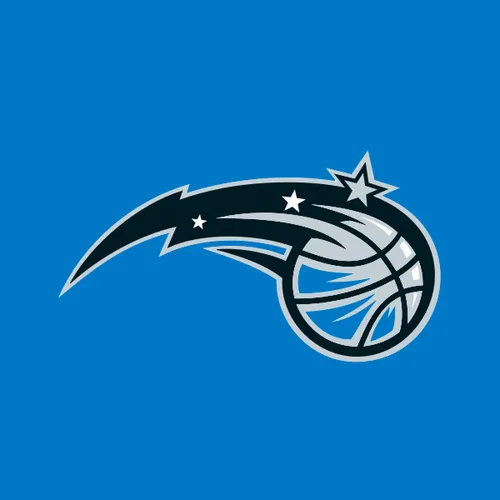







Health & Safety Jobs in the Sports Industry: A Quick Guide
Introduction
The sports industry is exciting and fast-paced, but it also presents many risks and hazards. Health & safety professionals are responsible for minimizing these risks, ensuring that everyone involved in the sports industry can perform their duties in a safe environment. In this guide, we'll explore the role of health & safety professionals, the types of jobs available, salary expectations, essential skills, and tips for securing a job in this sector.
The Role of Health & Safety Professionals in the Sports Industry
Health & safety professionals in the sports industry are responsible for developing, implementing, and monitoring safety policies and procedures. They work closely with athletic trainers, coaches, and team personnel to ensure the well-being of athletes, as well as with stadium and event staff to maintain a safe environment for spectators. Their duties may include risk assessments, emergency preparedness planning, injury prevention, and compliance with local, state, and federal regulations.
Types of Health & Safety Jobs in the Sports Industry
There are several types of health & safety jobs in the sports industry, including:
Health & Safety Officer: Develops and implements safety policies and procedures for sports organizations or venues
Athletic Trainer: Provides injury prevention, evaluation, and treatment services for athletes
Emergency Medical Technician (EMT): Provides medical assistance at sporting events and venues
Safety Consultant: Advises sports organizations on best practices for risk management and injury prevention
Salaries for Health & Safety Professionals
Salaries for health & safety professionals in the sports industry can vary greatly depending on the position, level of experience, and location. Entry-level positions, such as EMTs, may earn around $30,000 to $40,000 per year, while junior-level health & safety officers can expect salaries in the range of $40,000 to $60,000. Intermediate-level professionals with more experience and responsibility may earn between $60,000 and $80,000, while senior-level professionals with extensive experience can earn upwards of $100,000 or more per year.
Essential Skills for Success in Health & Safety
To succeed in the health & safety sector of the sports industry, professionals should possess the following skills:
Strong knowledge of safety regulations and best practices
Excellent communication and interpersonal skills
Ability to perform risk assessments and develop safety plans
Detail-oriented and organized, with strong problem-solving abilities
Physical fitness and stamina, as some roles may require hands-on work in physically demanding environments
Tips for Landing a Health & Safety Job in the Sports Industry
To secure a job in the health & safety sector of the sports industry, consider the following tips:
Pursue relevant education and certifications, such as a degree in occupational safety and health or a Certified Safety Professional (CSP) designation
Network with professionals in the sports industry through events, conferences, and online platforms
Gain hands-on experience through internships or part-time work in related fields using Rebound
Tailor your resume and cover letter to highlight your relevant skills and experiences for each job application
Stay informed about the latest safety regulations, trends, and best practices in the sports industry
Conclusion
Health & safety professionals play a vital role in the sports industry, ensuring the safety and well-being of all those involved. With a strong foundation in safety regulations and best practices, as well as the right combination of skills and experience, you can pursue a rewarding career in this growing sector. Keep in mind the tips provided in this guide to help you navigate the job market and secure a position that aligns with your career goals.
The sports industry offers numerous opportunities for health & safety professionals to make a meaningful impact on the lives of athletes, staff, and spectators. Whether you choose to work directly with athletes as an athletic trainer, develop safety policies and procedures as a health & safety officer, or provide medical assistance at events as an EMT, you'll play a crucial role in promoting a safe and enjoyable environment for all involved.
Embrace the challenges that come with working in the fast-paced world of sports, and strive to continuously grow and learn in your chosen field. By staying up-to-date on industry trends, regulations, and best practices, you'll be well-prepared to excel in your career and contribute to the ongoing success and safety of the sports industry.



























